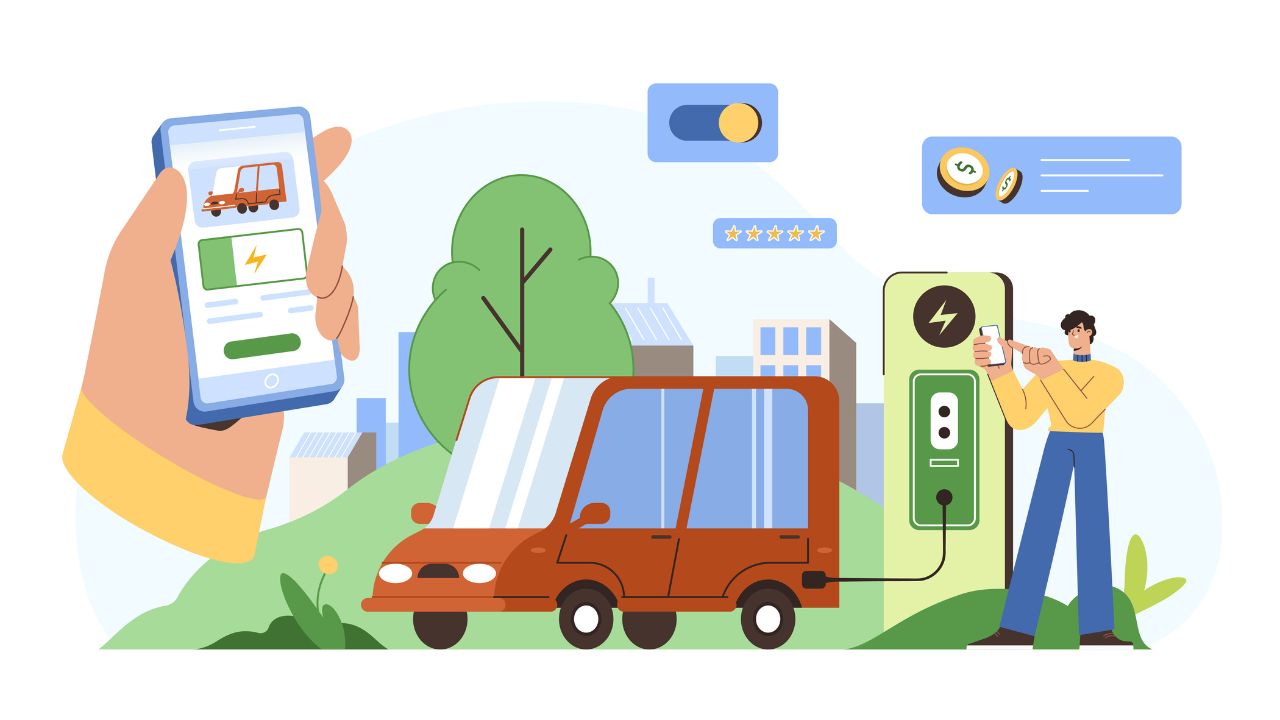 English
English

Govt extends PM E-Drive scheme deadline to March 2028 with ₹10,900 crore budget. Offers subsidies for 2/3-wheelers (till 2026) and e-buses/trucks (till 2028). Targets 24.8L EVs in metros, 22,000 charging stations. Aims to accelerate EV adoption, local manufacturing, and infrastructure development for sustainable mobility.

PM E-Drive Scheme Extended Until 2028
New Delhi: The Government of India has extended the deadline of its ambitious 'PM E-Drive' scheme by two years to promote electric vehicles. Now the scheme will run till 31 March 2028, while the earlier deadline was till March 2026. A budget of Rs 10,900 crore has been set for this scheme launched by the Ministry of Heavy Industries on 1 October 2024.
The direct benefit of this scheme will be available to customers buying electric vehicles. This scheme not only provides a subsidy on the purchase of electric vehicles but also supports the construction of public charging stations, the development of vehicle testing facilities, and the local production of electric vehicle technology.
The government has set several ambitious targets under the PM E-Drive scheme. These include providing subsidies to 24.8 lakh electric two-wheelers, 3.2 lakh electric three-wheelers, and more than 14,000 electric buses in 9 big cities with a population of more than 40 lakhs. In addition, a separate provision of Rs 500 crore has been made for electric trucks and ambulances.
According to the new time limit of subsidy, this facility for electric two-wheelers and three-wheelers will be available till March 2026, while the subsidy for electric buses, trucks, and ambulances will continue till March 2028.
In FY 2025, two-wheeler and three-wheeler buyers will get a subsidy of Rs 5,000 per KWH, which will be reduced to Rs 2,500 per KWH in FY 2026. However, this subsidy will be limited to a maximum of 15% of the ex-showroom price of the vehicle.
Special emphasis has also been laid on the development of charging infrastructure. The government aims to set up 22,000 public charging stations for four-wheel electric vehicles and 1,800 charging stations for electric buses. Also, vehicle testing facilities under the Ministry of Heavy Industries will also be upgraded.
The expansion of this scheme is expected to greatly boost India's electric vehicle market. This will not only help in environmental protection but will also encourage the local development of electric vehicle technology in the country. This step of the government is considered an important step towards making India a global leader in the electric vehicle sector.
No related posts found.